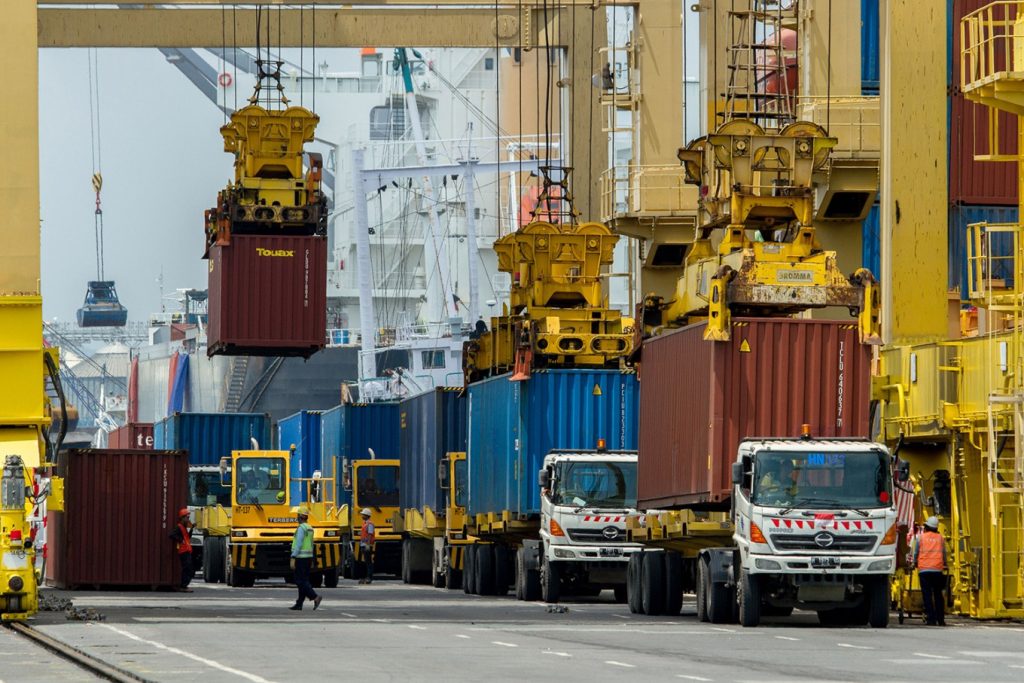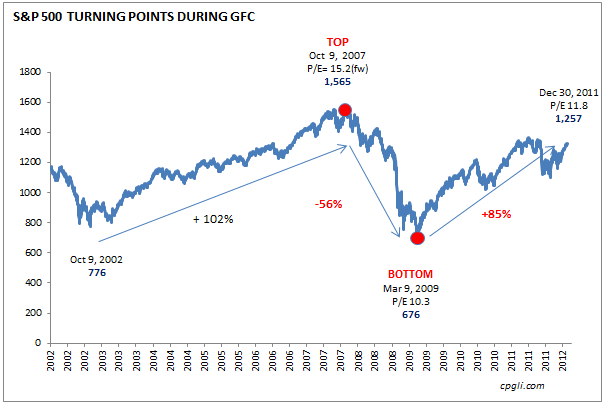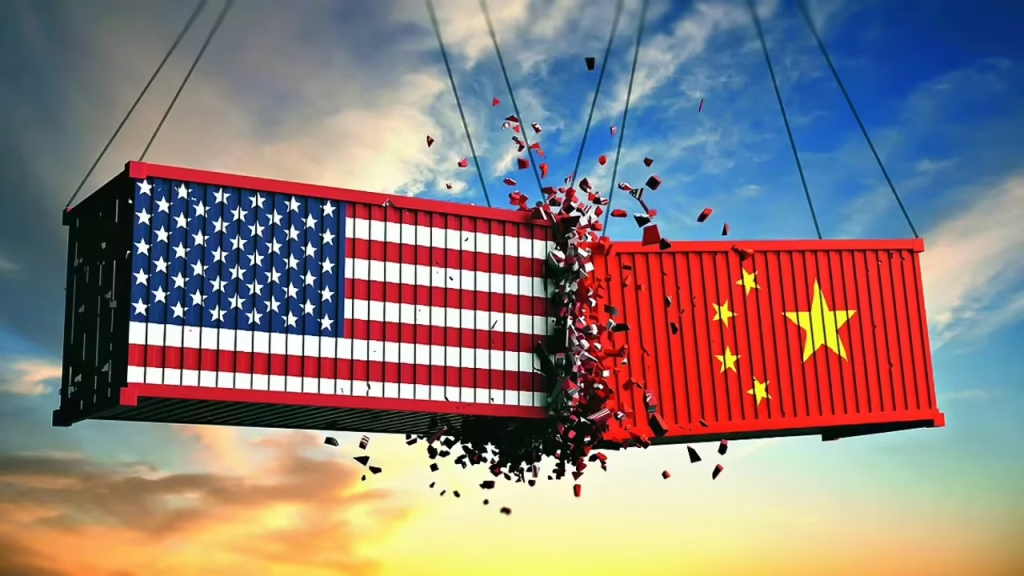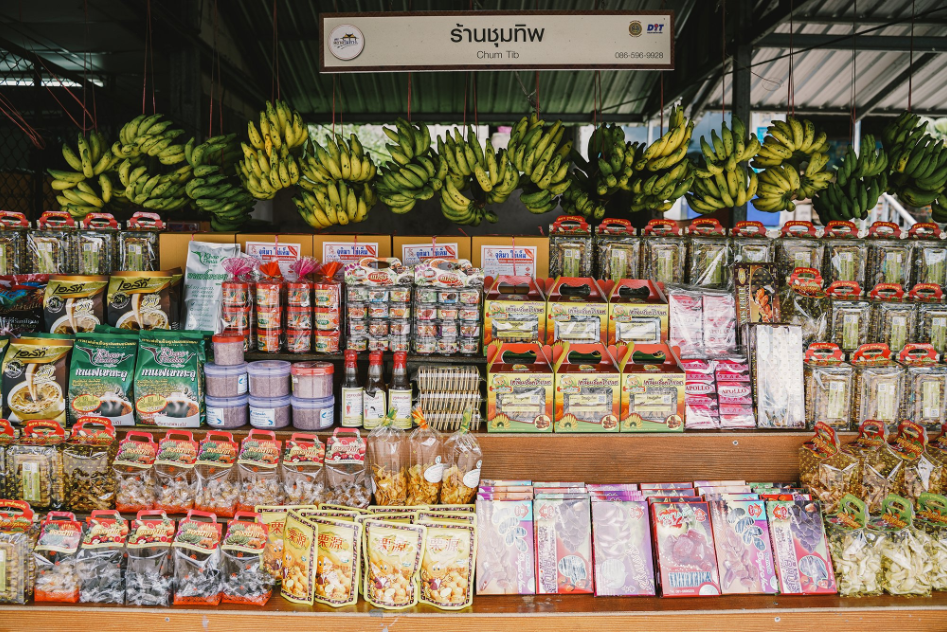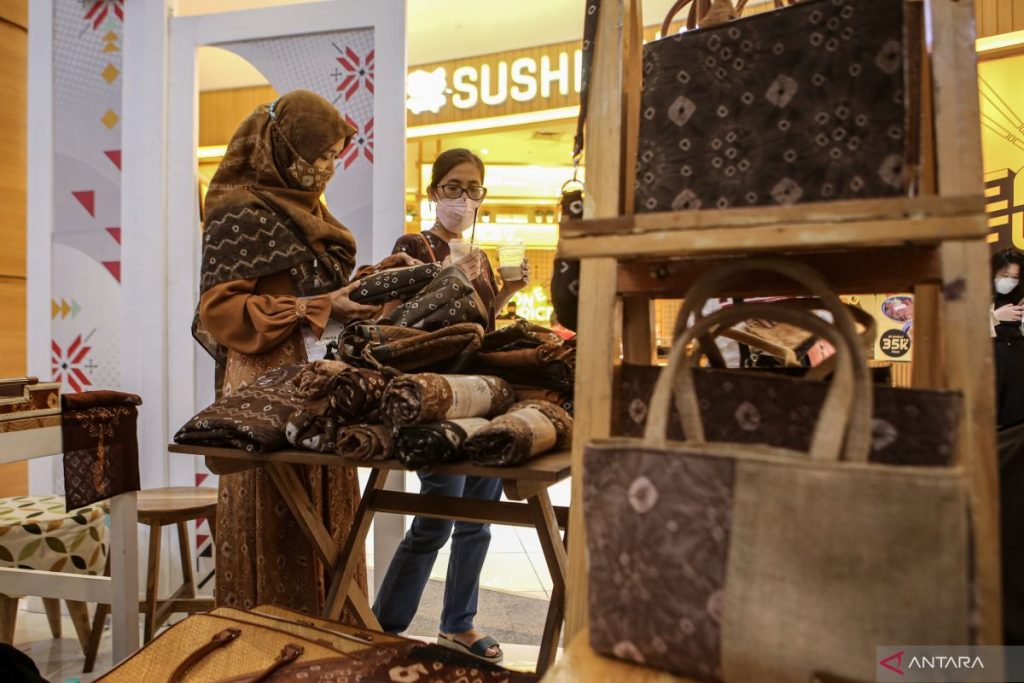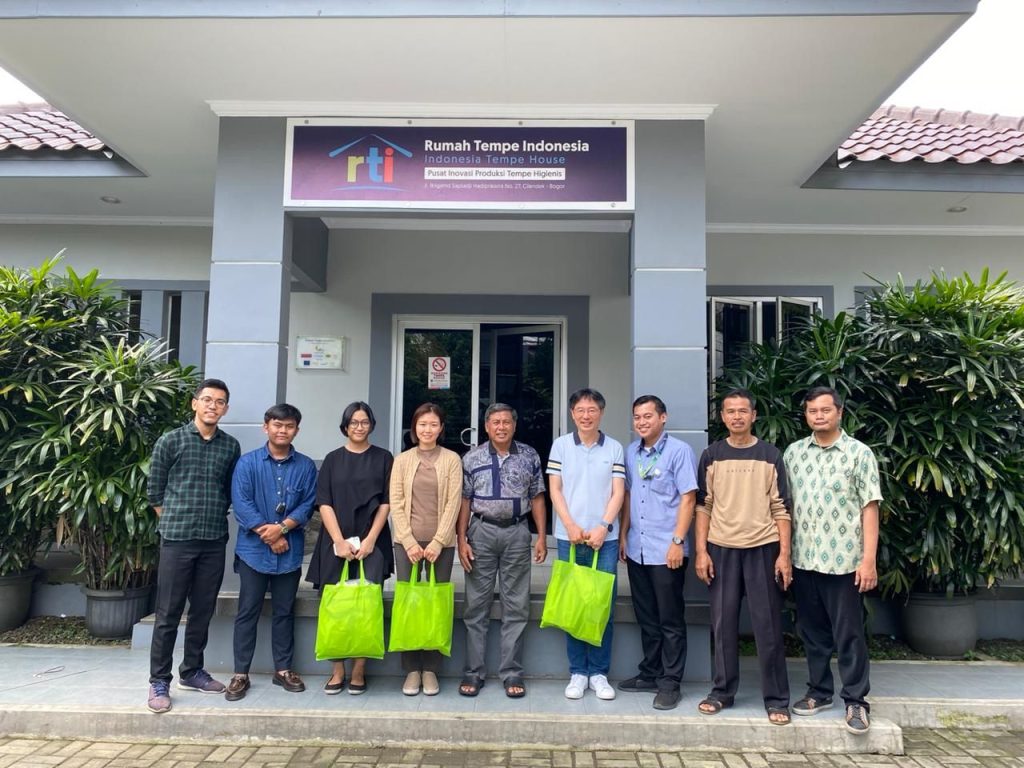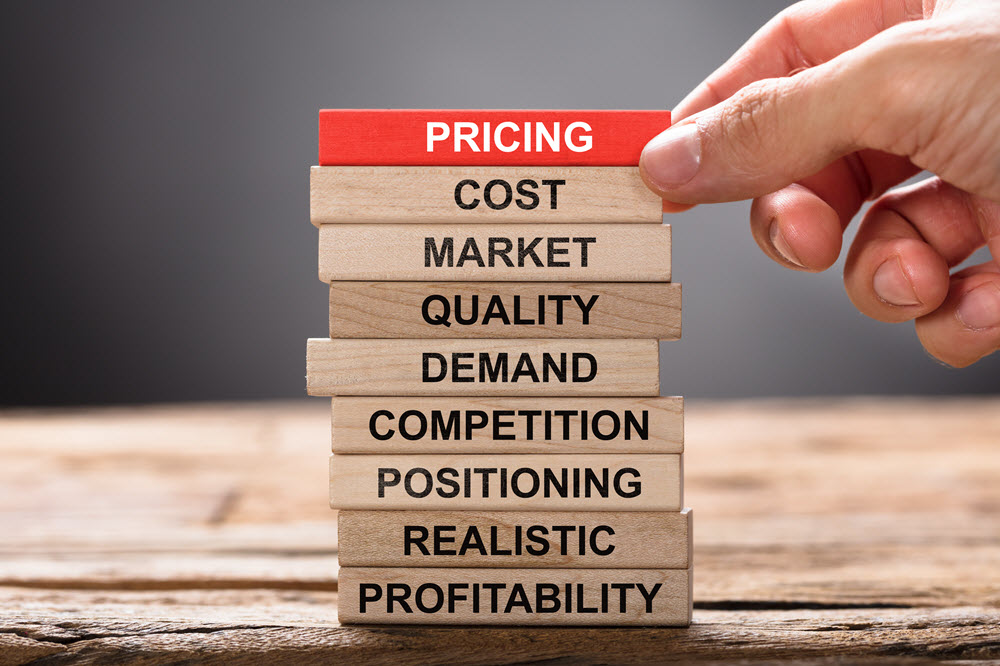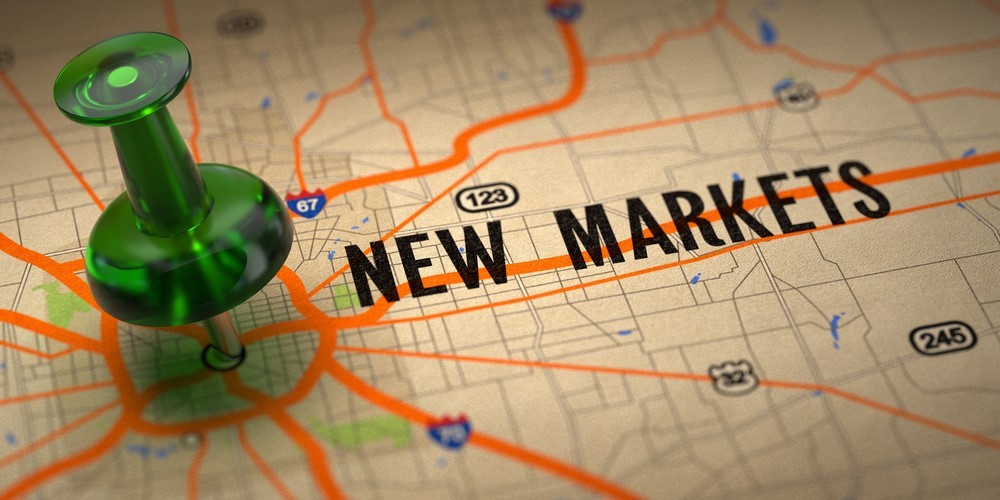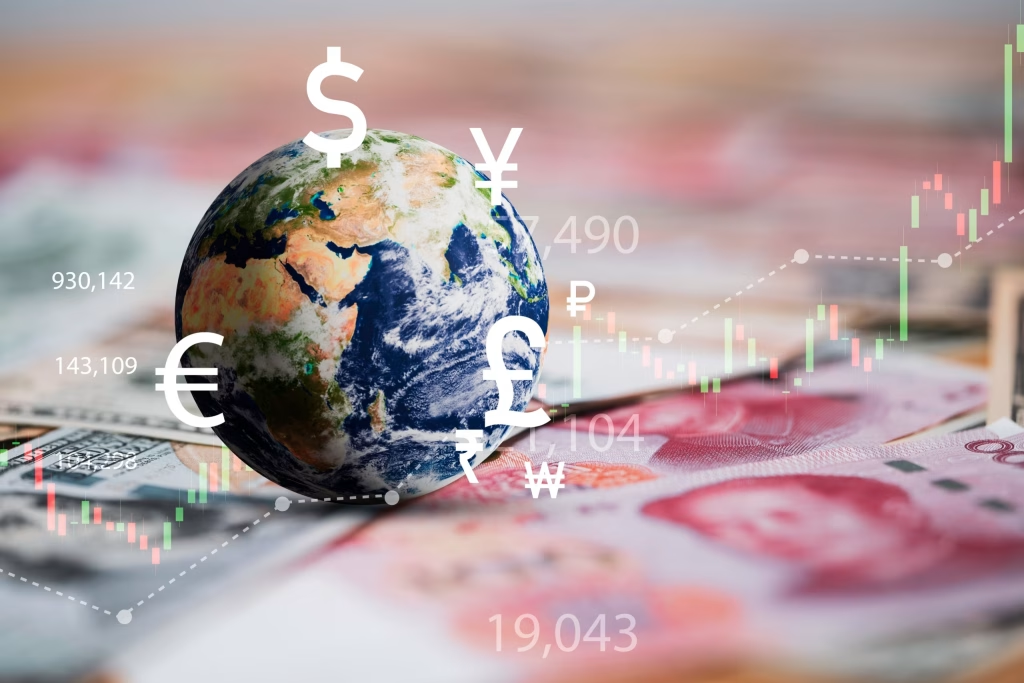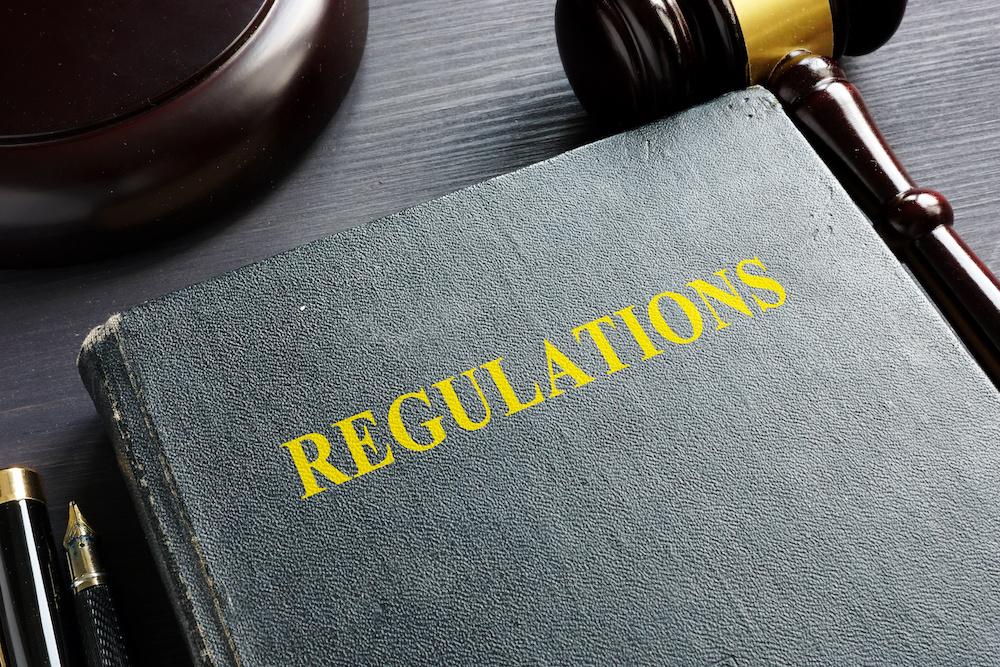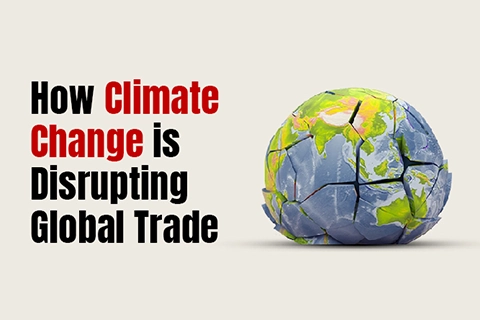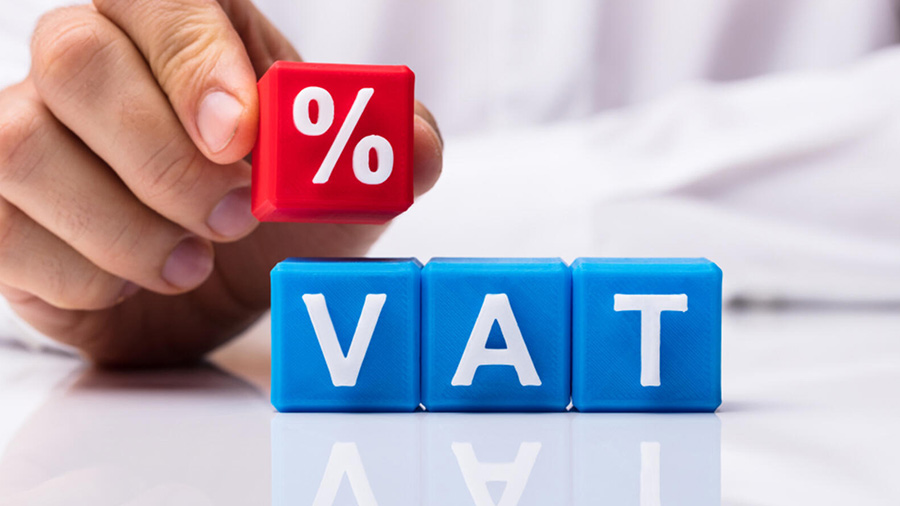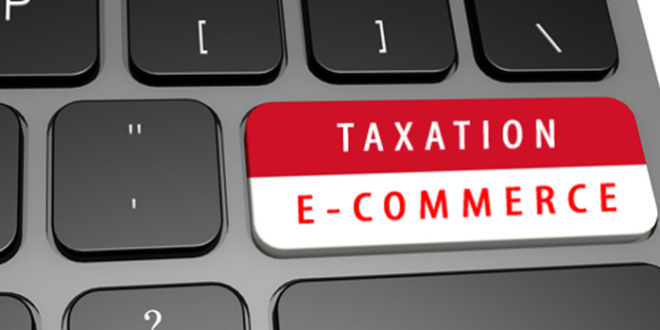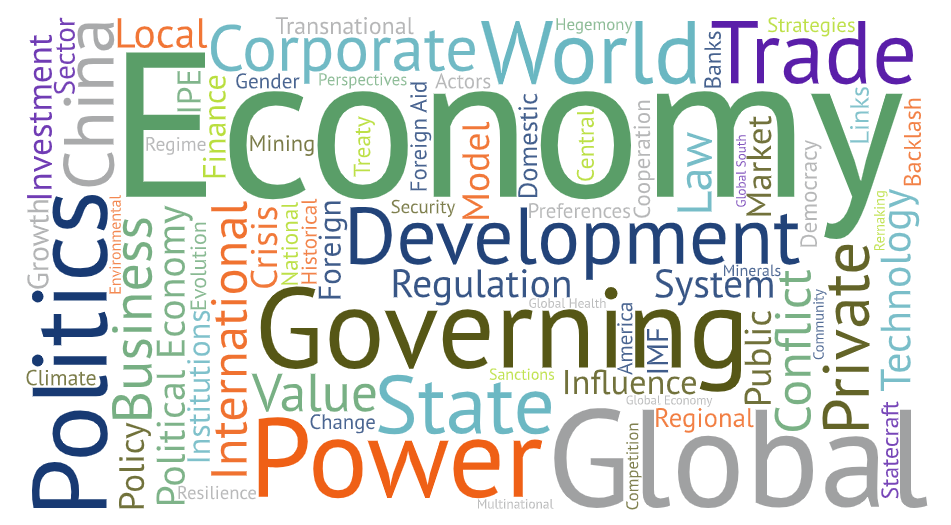
During election season, most businesses focus on taxes or labor issues. But if you’re in the export game, there’s another key question:
Will the next government change export policy?
The answer is often yes—and the shifts can be huge. From trade agreements to subsidies and export restrictions, elections can influence your global market access more than you think.
1. Leadership Changes Bring Policy Changes
When new leaders come into office, they may bring:
- New trade priorities (e.g., shifting focus to certain regions like ASEAN, Middle East, or Africa)
- Revised tariffs or quotas
- Changes in export incentives or support programs
- Different views on sustainability, labor standards, or product regulations
A pro-export administration might invest more in trade promotion, while a protectionist one might focus on domestic markets.
2. Uncertainty Slows Down Global Deals
In the months leading up to an election, foreign buyers may wait and see:
- Will there be trade disruptions?
- Will paperwork or logistics become harder?
- Will the product still qualify for export subsidies?
If buyers sense risk, they may pause contracts or shift orders to other countries.
Lesson: Plan early and communicate clearly with overseas partners.
3. Export Incentives May Be Revised or Removed
Governments often revise or cut:
- Tax breaks for exporters
- Export financing programs
- Customs simplification schemes
Keep an eye on the post-election budget and trade policy reviews—it could affect your margins.
4. Trade Negotiations May Be Put on Hold
If your government is in the middle of signing a Free Trade Agreement (FTA) or renewing one, elections might delay the process.
This could mean:
- Tariff changes postponed
- Market access talks frozen
- New product certifications delayed
It’s smart to stay informed through export associations or trade ministries.
5. Prepare a “What If” Plan
You can’t control election outcomes—but you can prepare for them.
- Build flexibility into your pricing and logistics
- Explore alternative markets or routes
- Maintain good documentation for sudden policy checks
- Keep cash flow strong in case of temporary slowdowns
Being politically aware = being business resilient.
Conclusion
Elections don’t just decide who runs a country—they often determine how open your business is to the world.
Local exporters who stay informed and agile will be better prepared to adapt, regardless of who wins.
Because in global trade, uncertainty is a given—but preparation is power.

